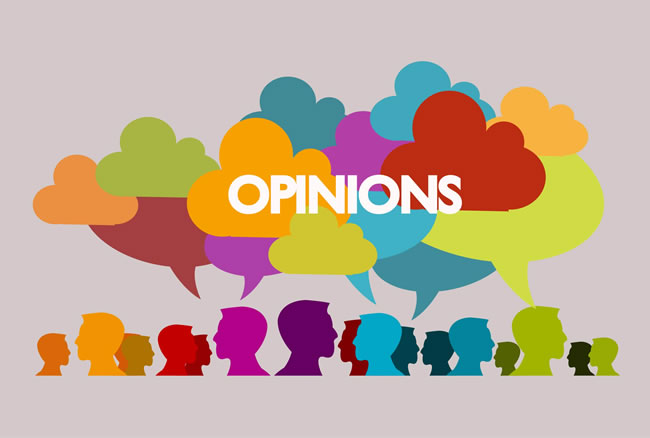RECENTLY, the Commissioner for Health in Lagos State, Professor Akin Abayomi, made a very disturbing yet factual statement about the hygienic condition of boreholes and water system in Lagos. According to him, all boreholes and wells in Lagos are not fit for human consumption. In fact, he maintained that they are not even suitable for animals to consume. This statement elicited fear in the hearts of Lagosians whose dependence is on ground water from wells and boreholes. This is more so for those who consume meat and farmer that use water to irrigate their farms. I agree that the statement by the Honourable Commissioner was very important and timely, I don’t agree with his submission completely that “all” boreholes in Lagos are contaminated. It is important to clerify that hand dug wells at shallow levels may be with various contaminants because of the depth where water table is encountered, but professionally handled borehole is free of contaminants.
It is true that contaminant issues relating to electronic waste disposal and plastic waste disposal have been of concern to world organisations like UNIDO and UNEP due to the presence of heavy metals associated with their decaying process. Generally speaking, the groundwater system in Nigeria is highly vulnerable to the threat of faecal infiltration from human waste due to the type of soak-away pits we use. This makes flood water contamination of groundwater a serious menace waiting to explode. When it rains, we have mercury contamination in gold-processing areas. What about improper disposal of effluent chemical from industrial waste, inappropriate disposal of medical waste and other anthropogenic activities threatening our precious groundwater? The commissioner is appreciated for this alert and his courageous submission is a timely intervention in public health system conversation in relation to water hygiene.
The national response to emergency is now following global evaluation practices where informations and statement are made based on data and careful evaluation of situations in order to prevent emergency leading to remedial intervention. Early warning and signs for preventive mechanism is key in managing threatened urban crises. Thanks to the commissioner and Lagos State government. But the truth of the matter is that all water sources are referred to as “raw water” until they are processed to quality standard for consumption. Anything raw is not considered adequate or suitable for purpose until it is processed. Professionally handled boreholes are practically safe, but should also be subjected to tests before consumption.
ALSO READ FROM NIGERIAN TRIBUNE
- Nurse Holds Doctor Hostage In OAU Teaching Hospital, Resident Doctors Plan Strike
- Woman’s Corpse, Unconscious Man Found Inside Office In Aba After Four Days
- Hoodlums Attack Lagos Governor’s Press Crew Bus In Tinubu’s Convoy, Two Injured
- [BREAKING] #EkitiDecides2022: INEC Declares APC’s Biodun Oyebanji Winner Of Guber Poll
- Top 10 Business Ideas In Nigeria You Can Start With 100,000 Naira
- 2023: Kwankwaso Will Not Be Deputy To Obi —NNPP
Periodic testing of raw water source will detect any contaminant in wells or boreholes, hence, it is advisable to either decommission the borehole or treat the raw content at the household level as proffered by an expert. Government should collaborate with associations like National President of Nigeria Borehole Drillers Association (AWDROP) to develop capacity of drilling contractors at all levels and Nigerians should not patronize quacks in the borehole drilling industry. This is a fall back to several calls for professional practice in borehole industry in Nigeria. Now that the Commissiner for Health in Lagos has condemned all boreholes and waterwell in Lagos, it’s an indication that the government system in Lagos has failed by not providing basic, presumably safe piped water facility to houses for Lagos dwellers, especially within the Lagos city even at a cost. The solution to this is not far-fetched. Stakeholders in the water sector have the right solution. This news should not scare Nigerians; rather, it should be seen as a call for action to institutionalize water management in Nigeria. Invest more in water resources and develop capacity as appropriate. Create sustainable market for household water purification products. This is as important as public health concern and should be treated as an urgency.
- Ale, a water, sanitation and hygiene (WASH) expert, is national president of AWDROP






